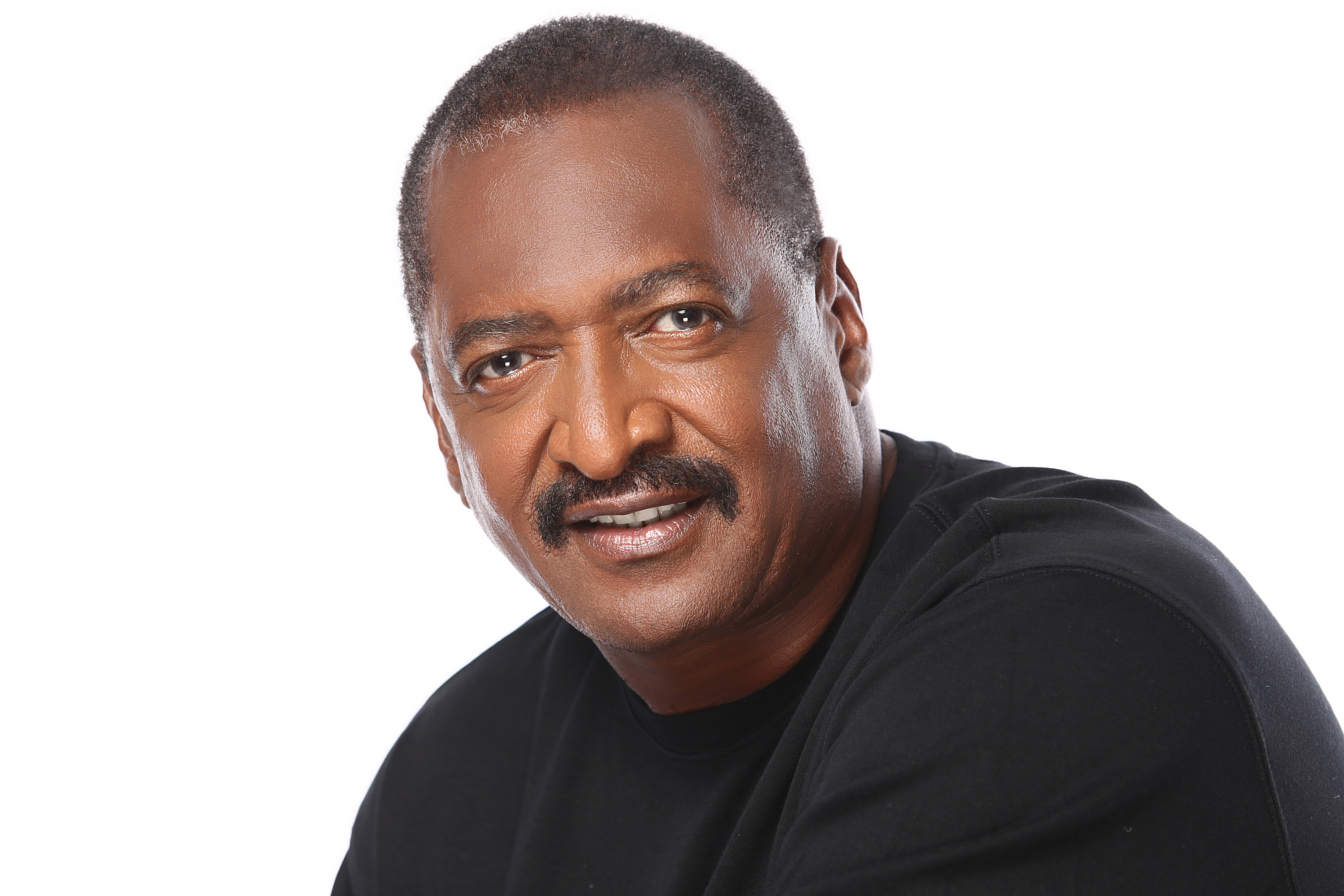A Message From Mathew Knowles

Very few people who have genetic risks of cancer know about them. So, it is vital for families to learn more and prevent cancer. In 2019, I shared with the world my diagnosis and treatment of male chest cancer – breast cancer – which, along with my surgery and follow up care, allowed me to say the four most wonderful words: “I am cancer free.”
Today, I have a new message: If you think you may have a family history of cancer, please take action. Talk to your doctor, and ask about getting tested. Genetic testing can give you a snapshot of your health. It allows you to make informed, tailored health decisions. If testing confirms you have a genetic variant causing cancer, inform your children, your siblings, your aunts, your uncles, your cousins. That information may save their lives and the lives of others. I have a BRCA2 variant called c.6591_6592del. Before working with ConnectMyVariant, I did not realize that this variant address tells me which of the thousands of BRCA2 variants I have. It can help me find others who have common ancestors and possibly help me know who else in my family should get testing.
ConnectMyVariant has a goal is to help you find people who may have your variant, and share information about the disease risk that they might have. This can be done with close family members, distant relatives, DNA relatives you find through ancestry testing, or even anyone on the internet using forums to engage in discussions about genetic or hereditary cancer.
There is cancer on both my father’s and mother’s sides of the family. ConnectMyVariant helped show that my BRCA2 variant came from my mother’s side. Now they are helping find others who are at risk on my mother’s side. Once I have all the details of my family history, I will begin reaching out. If anyone else out there has the same exact variant in BRCA2, ConnectMyVariant can help us find our common ancestor. Then we will be able to help even more relatives get genetic testing and prevent cancer. That’s part of the work of ConnectMyVariant. The people running the project help families with hereditary cancers talk to each other about their shared medical histories. Those family members then work with their own doctors to develop personalized cancer prevention plans.
Let’s face it: Knowledge is power. Most people find out they have an inherited mutation only after they are diagnosed with cancer. It’s likely that some of their healthy relatives have inherited the same mutation, too, but those relatives don’t know they are at high risk until someone tells them they should get tested. Even though these familial cancers can be prevented, they are still common, in part, because most people who have inherited dangerous mutations don’t know they have them. If a person knows they have inherited a mutation and understands the risks of that specific mutation, they can prevent cancer by getting frequent screenings to catch the disease early and having surgery, if necessary. Just as I did in 2019.
